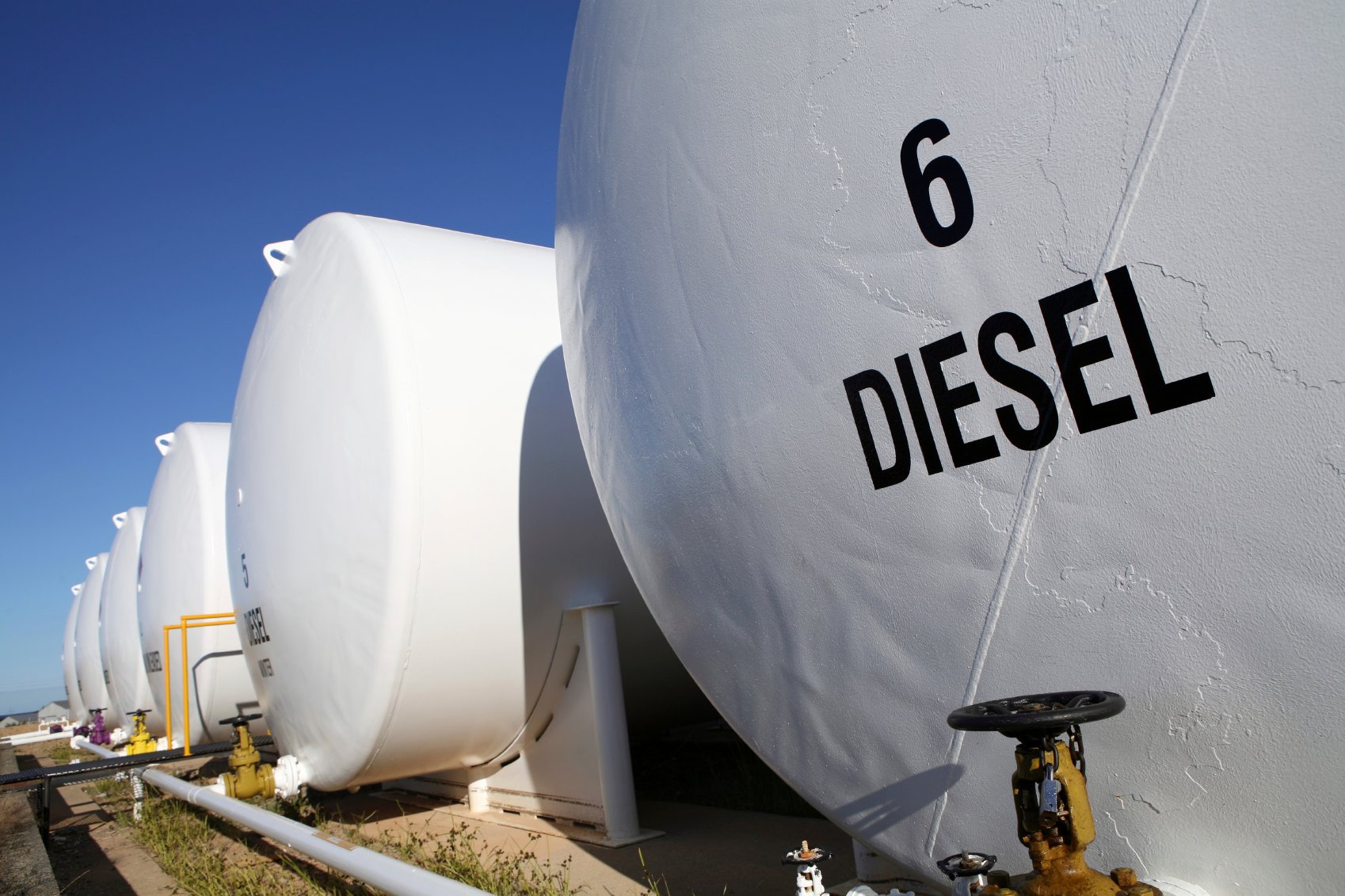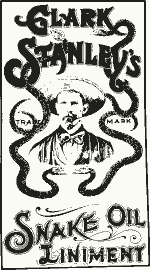Diesel Fuel Additives: Top 5 Things You Never Knew You Didn't Know
Here are 5 things you may not know about diesel fuel and the diesel fuel additives used to treat it. We like to call them "the things you never knew...
1 min read
Bell Performance : May 5 2011

How quickly do the best fuel additives work? That’s a very good question, and the answer hinges on the kind of fuel treatment that’s being used.
 Store shelves are lined with multi-function fuel treatments and cleaners that contain detergents purporting to boost mileage and performance by cleaning deposits from injectors and valves and combustion chambers. And those are great, in theory, as long as you the consumer go into the situation knowing that detergents take time to work. Performance-robbing deposits build up slowly and are removed slowly. Think 3000-5000 miles for a good cleanup. This is true whether it’s a gasoline engine or a diesel engine. Our Mix-I-Go and Dee-Zol products fall into this category.
Store shelves are lined with multi-function fuel treatments and cleaners that contain detergents purporting to boost mileage and performance by cleaning deposits from injectors and valves and combustion chambers. And those are great, in theory, as long as you the consumer go into the situation knowing that detergents take time to work. Performance-robbing deposits build up slowly and are removed slowly. Think 3000-5000 miles for a good cleanup. This is true whether it’s a gasoline engine or a diesel engine. Our Mix-I-Go and Dee-Zol products fall into this category.
Lubricity improvers, like Lube-Pro and the top oil component of Dee-Zol, that raise the lubricity of ULSD (Ultra-Low-Sulfur Diesel) act in a faster fashion than detergents. They will lay down boundary lubrication onto metal parts as they contact them during normal fuel flow. This acts to lubricate those parts and protect them from the effects of the drier fuel.
Cetane improvers are a different animal than either of these. Cetane rating is that quality of the diesel fuel which relates to full combustion of the full combustion of the fuel at the proper time (with respect to where the cylinder is on the power stroke). In real person terms, you get more power and a better driving experience with high cetane fuel than with low cetane. Cetane improvers like Super-Tane also work almost immediately in the fuel. You may have a diesel engine that has low cetane fuel or even poor quality fuel that has started to break apart, with the heavier parts of the fuel in the process of settling out. An engine in this situation would run very rough and have more black smoke emissions as it tries its best to process this bad fuel. Putting Super-Tane in the tank would even the running of the, quiet vibration, and noticeably reduce the black smoke coming out of the pipe. And it would accomplish this task in almost an immediate fashion.

Here are 5 things you may not know about diesel fuel and the diesel fuel additives used to treat it. We like to call them "the things you never knew...

We've been in the fuel treatment business far longer than most - if you're reading this in 2015, it will have been 106 years this year. So we've seen...
Talk about "fuel additives that work" to some people and they'll say "There aren't any". Fuel additives are big business around the world, to the...